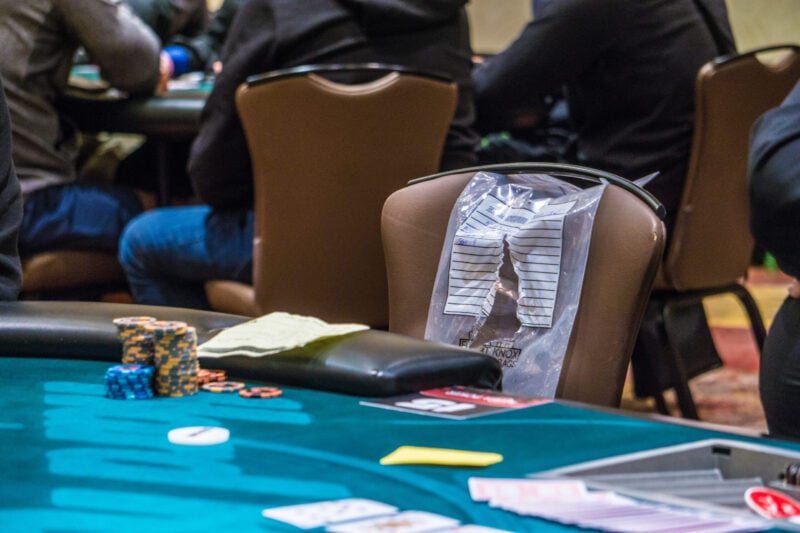
Online poker in France continues to freefall like a concrete Felix Baumgartner.
Yes, it’s time again to report on the dire health of the French poker market, something we do… well, roughly every quarter of a year, and we must admit that these headlines are starting to sound a bit samey.
But here we go, nevertheless.
French online gaming regulator ARJEL has reported a €17.3 million ($19.9 million) decline in the country’s online poker revenue, in comparison with Q3 of 2014, with cash game revenue falling by €23 million ($26.3 million), a 12 percent drop on the same quarter, year on year.
And if this leaves you with a nagging sense of déjà vu, we can explain.
Internet poker has been in freefall in France for some, ever since 2010, in fact, when the French government, enthused by the idea of extra tax revenue, decided to regulate and ring-fence the game, effectively closing its borders and isolating its player pool from the rest of Europe.
Perhaps the reasoning was that the ease of domestic payment transfers would encourage players to play, and more localized marketing campaigns would bring in more recreational players.
However, the opposite was true.
The Rake’s Progress
The French government taxed operators too heavily and many were forced to increase the rake on their ring games and curtail their bonuses and promotions, while the offshore, illegal sites were able to freely flood the market with better bonuses.
Meanwhile, of course, the act of ring-fencing player pools strangled ring-game liquidity and stymied prize pools in tournaments.
Research published in February 2013 suggested that 23 percent of French poker players still played regularly on unregulated poker sites, an estimate that seems conservative.
Ironically, however, the further drop in traffic may be due to the recent disappearance of UK players from .fr sites as a result of new UK gambling law.
While the French market was supposedly ring-fenced, sites like PokerStars.fr were still accessible to British players, who, despite an unfavorable rake, were still lured by the perception that French players were weaker.
But the new UK Gambling Bill forced French market leaders, Winamax.fr and PokerStars.fr, to cease accepting UK players or face paying a punitive 25 percent point of consumption tax.
The introduction of lottery-style “Spin n’ Go” Sngs will have also had a negative effect on ring game traffic.
ARJEL’s Gallic Shrug
France had the chance to make all this right in 2012 when the possibility of a trans-European player pool-sharing initiative with Spain, Italy and the UK was proposed.
In vetoing the proposal, Razzy Hammadi, the rappoteur of the Economic Affairs Committee, explained that France must “simply realize that despite significant investments in advertising and development, poker has now gone a little out of fashion.”
Then president of ARJEL, a firm believer in liquidity sharing, resigned shortly after. His successor, Charles Coppolani, has echoed Hammadi’s sentiments, claiming that poker is a “fad” that is “over” and that the game it is “too complicated for a rather young audience.”
It would seem difficult, then, to hold out much hope for the French online poker industry when its own regulator has apparently given it up as a lost cause.


